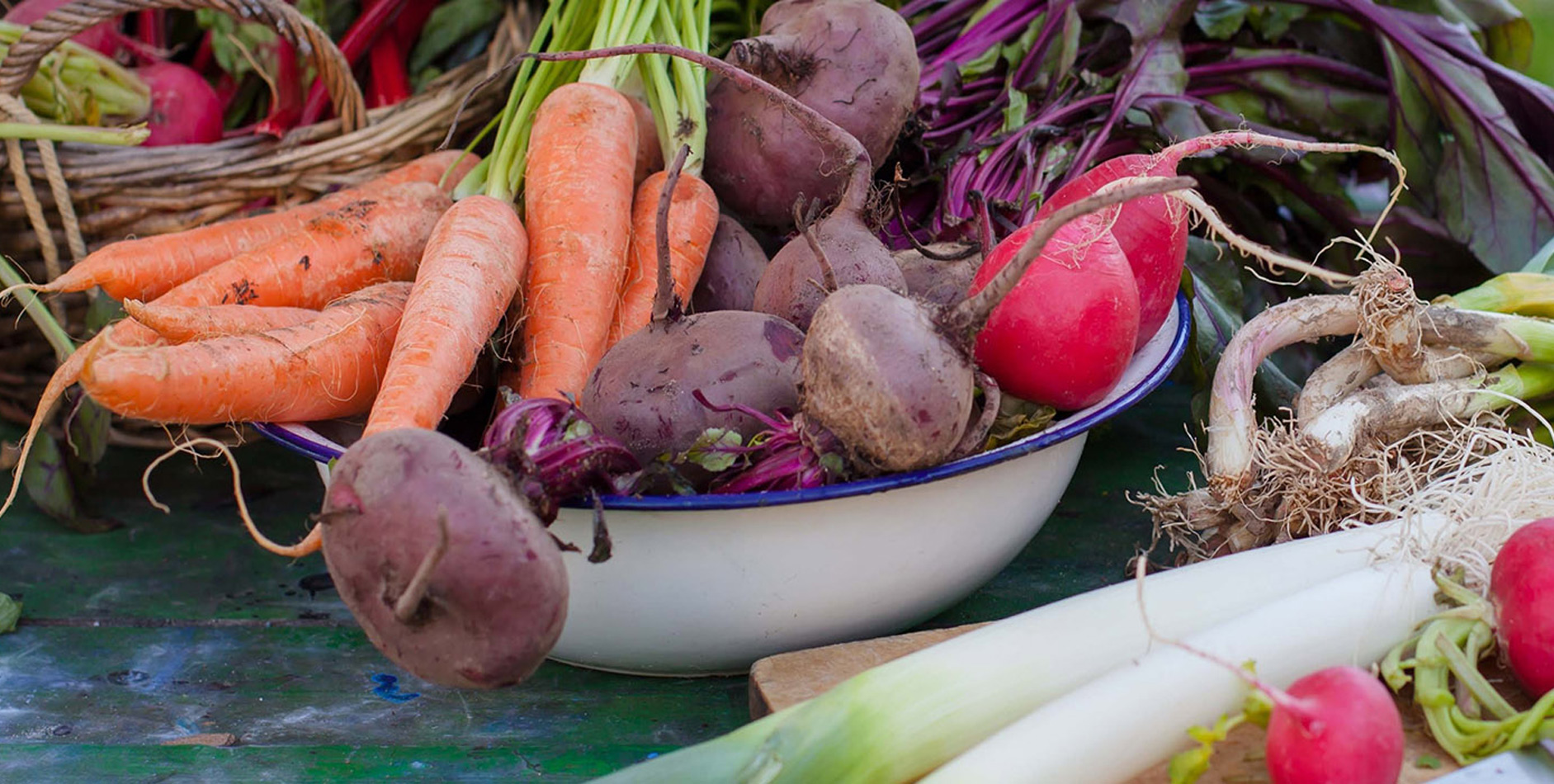The Shift to Plant-based Eating: Nutrition

When we make changes to our diets we also have to be sure to rethink our nutritional intake. In moving to a more plant based diet people are often worried about getting enough protein, or how they can take on enough calcium if they cut back on dairy. Advising people on nutrition when eating more plant-based food isn’t something we take lightly though, so we reached out to local nutritional therapist, Natasha Draycott, for an expert opinion on this and some top tips!
“The plant-based diet has certainly gained attention in the past couple of years. As a nutritionist, I have seen a shift in people being more conscious of the amount of meat and dairy they are consuming, whether that be for environmental, health, or animal welfare reasons. With so much conflicting information about plant-based diets, it is difficult to navigate nutritionally sound advice, and this can lead to confusion.
There is a perception that vegans are deficient in most nutrients, though in my clinic I see nutritional deficiencies in everyone – for example, both vegans and meat eaters can be anaemic due to a lack of iron and B12. Iron deficiency can be due to a multitude of factors, not only due to lack of iron from the diet. We need certain bacteria in our gut to help with iron absorption so looking after our gut health is really important.
I have noticed that when people adopt a plant-based diet, there is often a primary focus on vegan meat alternatives. Whilst these foods can be a great source of protein, and generally contain less salt and saturated fat than meat, essentially these foods are still processed and contain refined inflammatory oils so they are not as healthy as we may think.
People often wrongly assume that they can only get protein from meat, fish and dairy. There are many sources of protein from plants, including soy (often demonised for containing oestrogen, when it doesn’t), such as tempeh, tofu, miso, nato, edamame beans. These are incredibly nutritious, high in protein and good for gut health.
My general advice is always to focus on whole foods. For example, use lentils and mushrooms to make a ‘mince’ for shepherd’s pie, rather than a fake meat mince. If we focus on a whole food plant-based diet rich in a diversity of plants, beans, legumes (peas, lentils), fruits and grains and supplements where needed, we will hit all our recommended daily allowance of nutritional requirements.”
Natasha’s 5 top nutritional tips for moving to a plant-based diet
- Protein – Aim for a serving of protein with every meal. For example, beans, legumes (peas, lentils, chickpeas), tofu, tempeh, soy milk. Grains are also a good source of protein – quinoa contains all 9 essential amino acids. Nuts and seeds are packed with proteins too. Include a whole-food protein powder in your morning porridge or smoothie.
- Iron from plants – think dark green leafy vegetables. Pair vitamin C with iron-rich foods increases absorption. Squeeze lemon juice on your green veg!
- Omega3 can be obtained from some plants (olive oil, nuts, seeds) however the most effective forms of Omega3 come from fish or algae. So take an algae supplement!
- Calcium is abundant in plant foods. Eat a variety of bok choy, kale, mustard greens, watercress, broccoli, chickpeas, almonds, beans, lentils, seeds. Check your vitamin D levels and supplement accordingly, as we need vitamin D to help absorb calcium.
- B12 is fortified in some foods. However, these amounts alone are not enough, therefore it is important to supplement with B12. Methylcobalamin is the active, bio-available form so look for this in your supplement
Natasha Draycott
Nutritional Therapist, DipCNM, BANT, CNHC.
Cherry Tree Therapy Rooms, Hart Street, Henley-on-Thames
www.ndnutrition.co.uk


